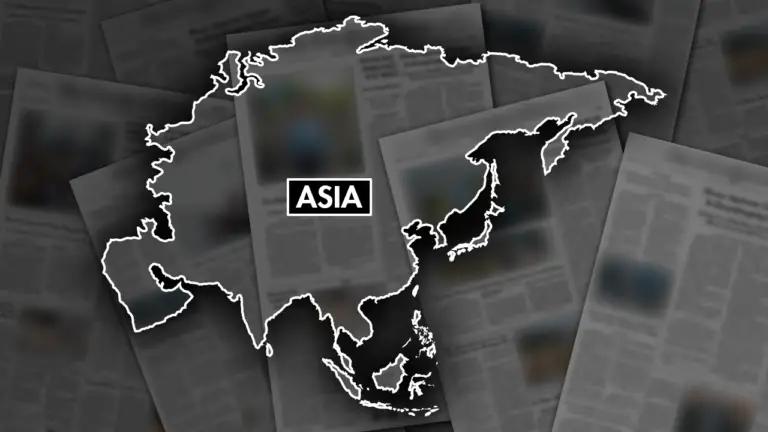Haze Mystery: Indonesia Denies Responsibility
Indonesia has rebuffed claims that forest and peat fires in Sumatra and Borneo are responsible for the recent haze in Malaysia. The Malaysian government expressed concern about the air quality and requested cooperation in dealing with the fires.
Forest and peat fires in Indonesia are a recurring issue, causing strain in relations with neighboring countries. In recent times, the smoke from these fires has affected Indonesia, Singapore, Malaysia, and southern Thailand.
Although parts of Malaysia reported experiencing smoke from Indonesian fires over the past week, Indonesia’s government firmly denies any connection. Siti Nurbaya Bakar, Indonesia’s Environment and Forestry Minister, stated, “Until now, there is no transboundary haze. No cross-border smoke. I don’t know what basis Malaysia uses to make these statements.”
Kuala Lumpur and Kuching, a city on Borneo Island, were recently ranked among the world’s top five most polluted cities by IQAir, a Swiss air quality technology company.
Haze Situation in Indonesia
Data from Indonesia’s Meteorology, Climatology, and Geophysics Agency reveals over 1,900 recorded hotspots on Sumatra, primarily in South Sumatra province. In response, the local government in South Sumatra encouraged residents to work from home and schools to conduct online classes due to the thick haze. In South Kalimantan province on Borneo Island, hundreds of forest fires exacerbated the smoke, leading the local government to call for online learning due to unhealthy air quality.
Despite Malaysia’s request, Indonesian authorities have not acted on the matter.
Minister Bakar presented government data indicating that air quality in regions with recent peat and forest fires has improved, albeit with fluctuations. She mentioned that ongoing efforts to manage the fires on Borneo and Sumatra, along with rainfall and government rain-seeding initiatives, have contributed to the situation’s gradual improvement.

